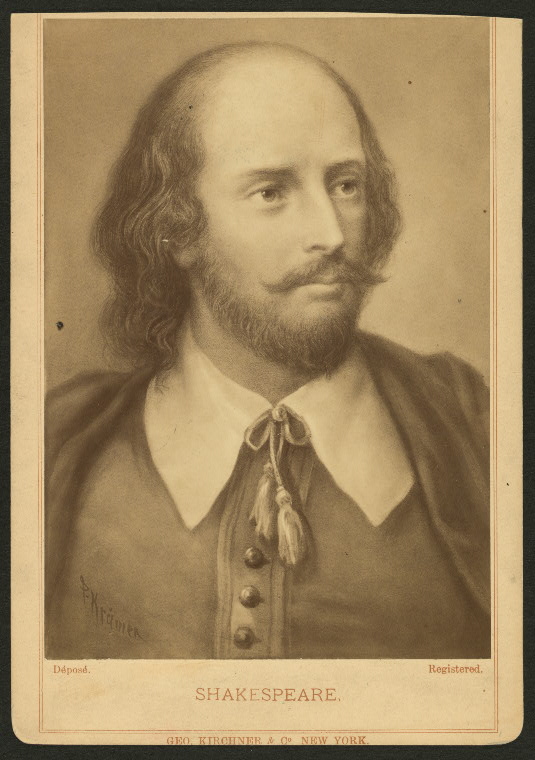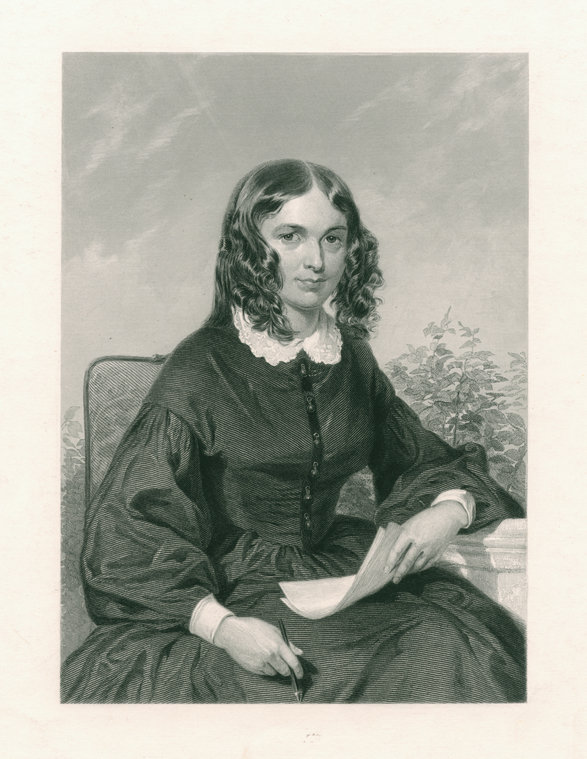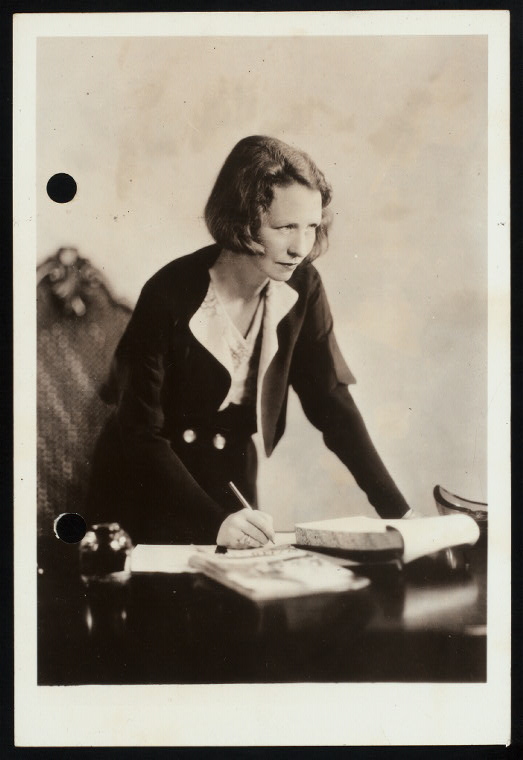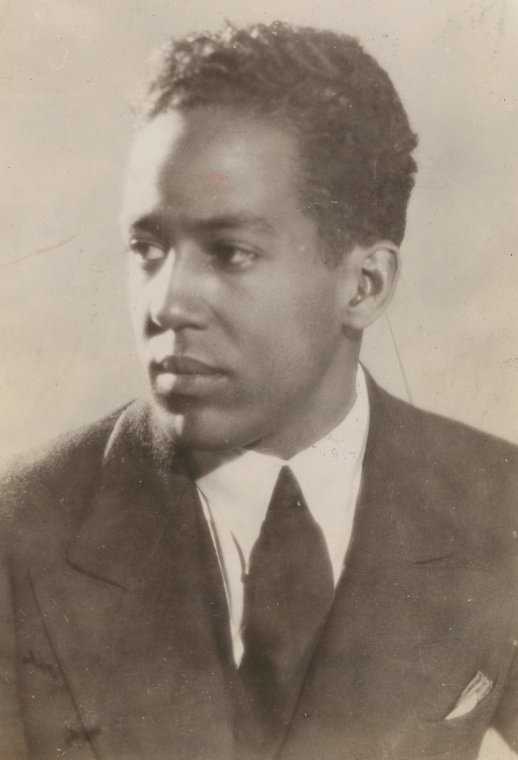The Evolution of the Love Poem

The first written poem ever found was about one very complex emotion: love. Named The Love Song of Shu-Sin, it was discovered during excavations in the Mesopotamian region, in a search for evidence to corroborate the stories of the Old Testament. The poem sat untranslated for a number of years until archaeologist Samuel Noah Kramer came across it while translating ancient texts. In his book, History Begins at Sumer, Kramer describes his experience upon realizing what he discovered.
"When I first laid eyes on it, its most attractive feature was its state of preservation. I soon realized that I was reading a poem, divided into a number of stanzas, which celebrated beauty and love, a joyous bride and a king named Shu Shin… As I read it again and yet again, there was no mistaking its content. What I held in my hand was one of the oldest love songs written down by the hand of man." (pg. 245)
The poem is believed to have been used as part of a sacred ritual in which the king symbolically married a goddess named Inanna, a Sumerian goddess of love. The idea was this would ensure fertility and prosperity for the year.
It was likely recited by Shu Shin’s chosen bride. While it wasn’t love as we know it today, it was the ultimate representation of love between a monarch, his bride, and their god.
Bridegroom, dear to my heart,
Goodly is your beauty, honeysweet,
Lion, dear to my heart,
Goodly is your beauty, honeysweet.You have captivated me, let me stand tremblingly before you.
Bridegroom, I would be taken by you to the bedchamber,
You have captivated me, let me stand tremblingly before you.
Lion, I would be taken by you to the bedchamber.-The Love Song for Shu-Sin
Before Kramer's discovery, The Song of Songs (sometimes called The Song of Solomon), which can be found in the Old Testament of the Bible, was believed to be the oldest love poem. The focus of that poem is the celebration of romantic and sexual love between two lovers. Various religious interpretations look at it is an allegory of the love between God and his followers.
Religion clearly played a strong role in these older poems, which indicates its importance to ancient people. But romantic love also had a level of importance. So that begs the question "How have love poems changed over the years?" They never ceased to exist but have definitely evolved.
In his article, "The Chemistry of Love Poetry," Tim Hancock describes how in love poetry "… different civilisations will each offer their own culturally determined perspective on love…" So, the concept of love never changes but how we talk about it does.
Below, you'll find love poetry from some of history's greatest poets. See if you can spot how the poetic voice has changed over the years. If you want to find more work at the New York Public Library from a specific poet, just click on their name. And for more poetry discussion, see our post on the 2019 Best Poetry Books Committee at NYPL.
The History of Love Poems from History's Greatest Poets
Rumi (1207-1273)
I long to escape the prison of my ego
and lose myself
in the mountains and the desert.
These sad and lonely people tire me.
I long to revel in the drunken frenzy of your love
and feel the strength of Rustam in my hands.
I’m sick of mortal kings.
I long to see your light.
With lamps in hand
the sheiks and mullahs roam
the dark alleys of these towns
not finding what they seek.
You are the Essence of the Essence,
The intoxication of Love.
I long to sing your praises
but stand mute
with the agony of wishing in my heart.
―The Agony and Ecstasy
Ibn al-Rumi was one of the most creative, prolific, and multifaceted poets in badi' (the new style), which challenged and then expanded the ancient Arabic poetic canon during the late eighth and ninth centuries. He was equally versed in panegyric and lampoon, love lyric and ekphrasis, long ode and epigram, and he switched between simple and mannerist styles and common and rare rhyme letters. He received the patronage of illustrious individuals and families of the Baghdad elite. In his last years, he even became the caliph's poet laureate. (courtesy Literature Resource Center)
William Shakespeare (1564-1616)
Shall I compare thee to a summer’s day?
Thou art more lovely and more temperate:
Rough winds do shake the darling buds of May,
And summer’s lease hath all too short a date;
Sometime too hot the eye of heaven shines,
And often is his gold complexion dimm'd;
And every fair from fair sometime declines,
By chance or nature’s changing course untrimm'd;
But thy eternal summer shall not fade,
Nor lose possession of that fair thou ow’st;
Nor shall death brag thou wander’st in his shade,
When in eternal lines to time thou grow’st:
So long as men can breathe or eyes can see,
So long lives this, and this gives life to thee.
-Sonnet 18
William Shakespeare is universally recognized as the foremost writer in the English language to date.
The 37 plays associated with his name, including the major tragedies Hamlet, King Lear, Othello, and Macbeth, and his romances and comedies, Twelfth Night and A Midsummer Night's Dream among them, have been translated into many languages and have crossed all kinds of cultural divide.
His poetry, in particular his intricately woven and fiercely passionate love sonnets, have stirred the senses of reader and critic alike for generations past and will do so for generations to come. (courtesy Biography in Context)
Elizabeth Barrett Browning (1806-1861)
How do I love thee? Let me count the ways.
I love thee to the depth and breadth and height
My soul can reach, when feeling out of sight
For the ends of being and ideal grace.
I love thee to the level of every day’s
Most quiet need, by sun and candle-light.
I love thee freely, as men strive for right.
I love thee purely, as they turn from praise.
I love thee with the passion put to use
In my old griefs, and with my childhood’s faith.
I love thee with a love I seemed to lose
With my lost saints. I love thee with the breath,
Smiles, tears, of all my life; and, if God choose,
I shall but love thee better after death.
-Sonnett XLIII
Among all women poets of the English-speaking world in the 19th century, none was held in higher critical esteem or was more admired for the independence and courage of her views than Elizabeth Barrett Browning.
During the years of her marriage to Robert Browning, her literary reputation far surpassed that of her poet-husband; when visitors came to their home in Florence, she was invariably the greater attraction. Her humane and liberal point of view manifests itself in her poems aimed at redressing many forms of social injustice, such as the slave trade in America, the labor of children in the mines and the mills of England, the oppression of the Italian people by the Austrians, and the restrictions forced upon women in nineteenth-century society. (courtesy Biography in Context)
William Butler Yeats (1865-1939)
Never give all the heart, for love
Will hardly seem worth thinking of
To passionate women if it seem
Certain, and they never dream
That it fades out from kiss to kiss;
For everything that’s lovely is
But a brief, dreamy, kind delight.
O never give the heart outright,
For they, for all smooth lips can say,
Have given their hearts up to the play.
And who could play it well enough
If deaf and dumb and blind with love?
He that made this knows all the cost,
For he gave all his heart and lost.
-Never Give All the Heart
The Irish poet and dramatist W.B. Yeats was perhaps the greatest poet of the 20th century. He won the Nobel Prize for literature in 1923 and was the leader of the Irish Literary Renaissance.
His work forms a bridge between the romantic and often decadent poetry of the turn of the century, and the hard clear language of modern poetry. (courtesy Biography in Context)
Edna St. Vincent Millay (1892-1950)
I think I should have loved you presently,
And given in earnest words I flung in jest;
And lifted honest eyes for you to see,
And caught your hand against my cheek and breast;
And all my pretty follies flung aside
That won you to me, and beneath your gaze,
Naked of reticence and shorn of pride,
Spread like a chart my little wicked ways.
I, that had been to you, had you remained,
But one more waking from a recurrent dream,
Cherish no less the certain stakes I gained,
And walk your memory's halls, austere, supreme,
A ghost in marble of a girl you knew
Who would have loved you in a day or two.
-I Think I Should Have Loved You Presently (Sonnet IX)
Throughout much of her career, Pulitzer Prize-winner Edna St. Vincent Millay was one of the most successful and respected poets in America. She is noted for both her dramatic works, including Aria da capo, The Lamp and the Bell, and the libretto composed for an opera, The King's Henchman, and for such lyric verses as "Renascence" and the poems found in the collections A Few Figs From Thistles, Second April, and The Ballad of the Harp-Weaver, winner of the Pulitzer Prize in 1923.
Like her contemporary Robert Frost, Millay was one of the most skillful writers of sonnets in the 20th century and, also like Frost, she was able to combine modernist attitudes with traditional forms creating a unique American poetry. (courtesy Literature Resource Center)
Langston Hughes (1902-1967)
I could take the Harlem night
and wrap around you,
Take the neon lights and make a crown,
Take the Lenox Avenue busses,
Taxis, subways,
And for your love song tone their rumble down.
Take Harlem’s heartbeat,
Make a drumbeat,
Put it on a record, let it whirl,
And while we listen to it play,
Dance with you till day–
Dance with you, my sweet brown Harlem girl.
-Jukebox Love Song
During the Harlem Renaissance, when the work of African American writers was initially acknowledged as a significant feature of American literature, Langston Hughes achieved a position of prominence that eventually led to his recognition as "the Laureate of Black America."
A wider historical perspective indicates that Hughes was an important contributor to an American poetic renaissance in which a singularly American voice—initially introduced by Walt Whitman—emerged as a distinct variant to the lingering strain of the British tradition still dominant in the United States. He was driven by a desire to "explain and illuminate the Negro condition in America," and he was a pioneer in combining the rhythms of street speech, the blues, and the language of the black community with the formal patterns and structural conventions of the traditional English poetry he had mastered. (courtesy Biography in Context)
Pablo Neruda (1904-1973)
When I cannot look at your face
I look at your feet.
Your feet of arched bone,
your hard little feet.
I know that they support you,
and that your sweet weight
rises upon them.
Your waist and your breasts,
the doubled purple
of your nipples,
the sockets of your eyes
that have just flown away,
your wide fruit mouth,
your red tresses,
my little tower.
But I love your feet
only because they walked
upon the earth and upon
the wind and upon the waters,
until they found me.
Widely regarded as the most important contemporary Latin American poet of the 20th century, Pablo Neruda was noted for his innovative techniques and influential contributions to major developments in modern poetry, both in his native Chile and abroad. Due to the difficulty of accurately translating his works, only a small body of his poems has been rendered into English and, often in multiple forms that prompt critical debate regarding their relative quality or accuracy.
Although translations of his works have existed since the 1940s, Neruda remained relatively unknown to English-speaking readers prior to the appearance of several of his works in the early 1960s and his being honored with the Nobel Prize for Literature in 1971.(courtesy Literature Resource Center)
Sylvia Plath (1932-1963)
"I shut my eyes and all the world drops dead;
I lift my lids and all is born again.
(I think I made you up inside my head.)
The stars go waltzing out in blue and red,
And arbitrary blackness gallops in:
I shut my eyes and all the world drops dead.
I dreamed that you bewitched me into bed
And sung me moon-struck, kissed me quite insane.
(I think I made you up inside my head.)
God topples from the sky, hell's fires fade:
Exit seraphim and Satan's men:
I shut my eyes and all the world drops dead.
I fancied you'd return the way you said,
But I grow old and I forget your name.
(I think I made you up inside my head.)
I should have loved a thunderbird instead;
At least when spring comes they roar back again.
I shut my eyes and all the world drops dead.
(I think I made you up inside my head.)"
-Mad Girl’s Love Song

Sylvia Plath is renowned as one of the most powerful American poets of the postwar period. Her acclaimed poetry and prose are characterized by intense self-consciousness, accusatory despair, and disquieting expressions of futility and frustration.
A complicated literary personality whose biography is nearly impossible to disentangle from her writing, Plath is frequently regarded as a confessional poet, though her deeply personal lamentations often achieve universality through mythic allusion and archetypal symbolism. Viewed as a cathartic response to her divided personae as an artist, mother, and wife, Plath's vivid and often shocking verse reveals the psychological torment associated with feelings of alienation, inadequacy, and abandonment. (courtesy Literature Resource Center)
Nikki Giovanni (1943 - )
I love you
because the Earth turns round the sun
because the North wind blows north
sometimes
because the Pope is Catholic
and most Rabbis Jewish
because the winters flow into springs
and the air clears after a storm
because only my love for you
despite the charms of gravity
keeps me from falling off this Earth
into another dimension
-Resignation

One of the best-known American poets of our time, Nikki Giovanni's work rose to prominence during the late 1960s and early 1970s when she was closely associated with the Black Arts Movement. Influenced by the poets of the Harlem Renaissance, the activists of the Civil Rights and Black Power movements, and her grandmother Louvenia Watson, Giovanni's poetry illustrates her growth and evolution as a woman of color and as a poet.
Able to write from the intersections of activist, teacher, mother, daughter, and granddaughter, her voice fluctuates between anger and humor in its commentary on her consistent themes of community, family, justice, self-awareness, consciousness, and love. She has written for both adults and children, and, together with her live and recorded performances, her work is well-known and recited throughout the country. (courtesy Literature Resource Center)
Don't see your favorite poet? Comment below with those you think have written some of the best love poetry!
Read E-Books with SimplyE
 With your library card, it's easier than ever to choose from more than 300,000 e-books on SimplyE, The New York Public Library's free e-reader app. Gain access to digital resources for all ages, including e-books, audiobooks, databases, and more.
With your library card, it's easier than ever to choose from more than 300,000 e-books on SimplyE, The New York Public Library's free e-reader app. Gain access to digital resources for all ages, including e-books, audiobooks, databases, and more.
If you don’t have an NYPL library card, New York State residents can apply for a digital card online or through SimplyE (available on the App Store or Google Play).
Need more help? Read our guide to using SimplyE.






Comments
Love Is Difficult To Compose
Submitted by David Irvine (not verified) on November 21, 2019 - 6:16am